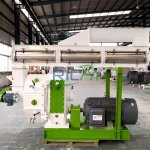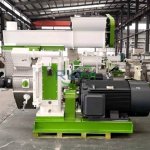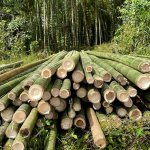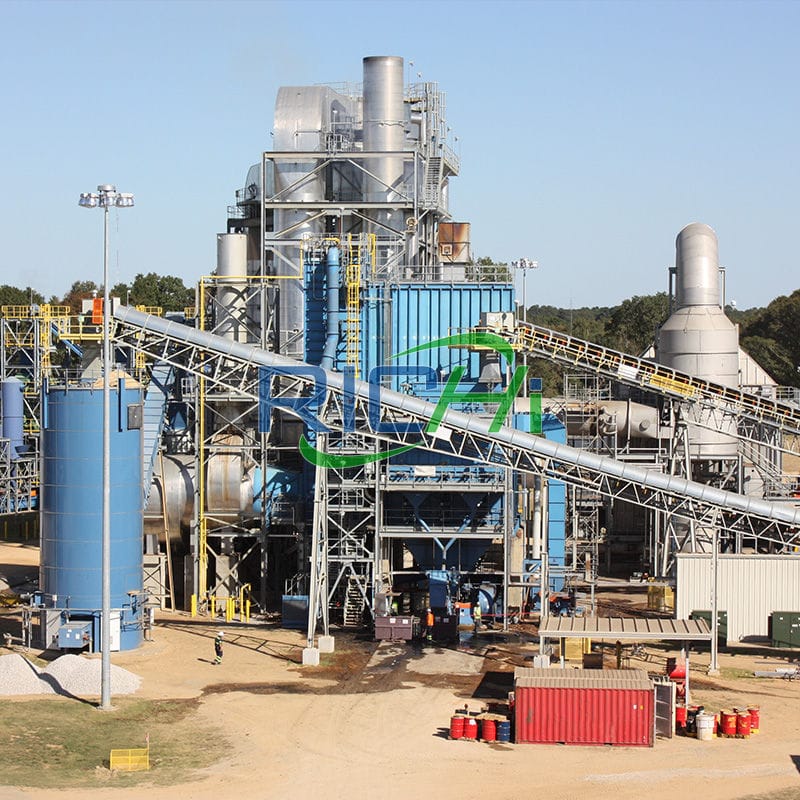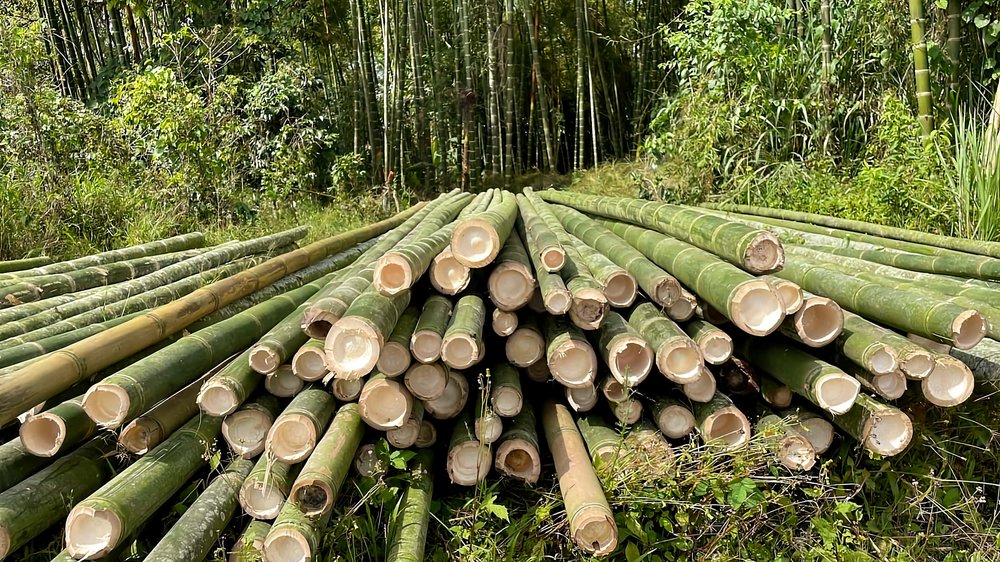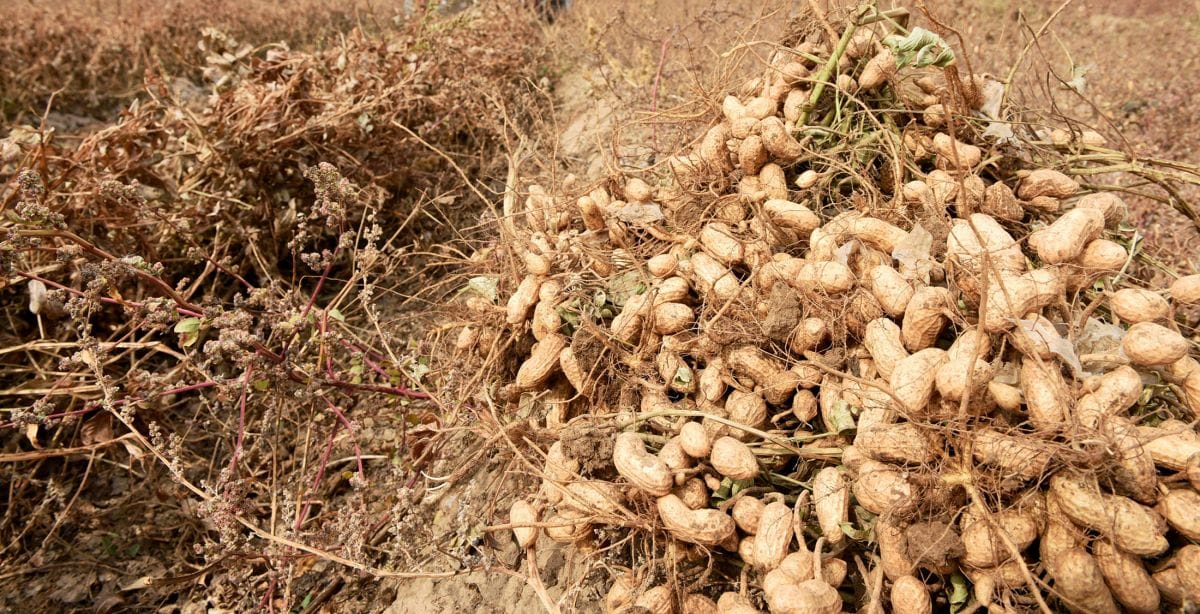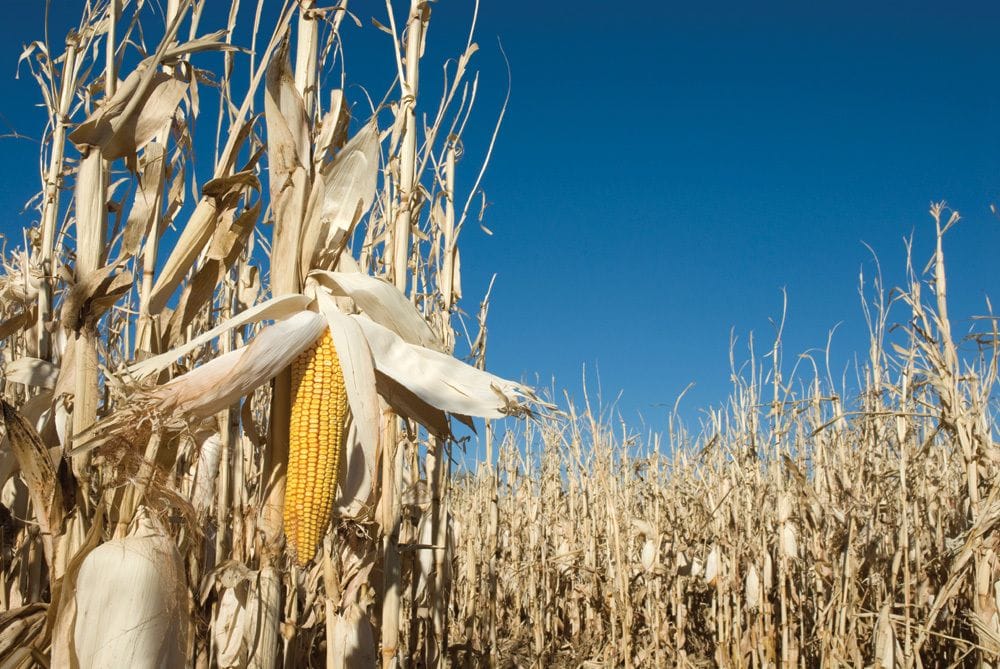The global demand for renewable energy sources has significantly increased the interest in wood pellet production. A 2-3 tons per hour (t/h) wood pellet production line is a medium-scale investment that requires substantial technical support for installation, operation, and maintenance. The availability and quality of technical support can vary widely across different countries. This article explores the technical support situation for 2-3t/h wood pellet production lines in various regions and the factors influencing these differences.
Key Factors Influencing Technical Support
- Local Expertise and Skill Level
- Countries with a well-established wood processing industry tend to have higher levels of local expertise and skilled labor.
- The availability of trained technicians and engineers can significantly impact the ease of installation and ongoing maintenance.
- Access to Equipment and Spare Parts
- Proximity to equipment manufacturers and suppliers ensures quicker access to necessary machinery and spare parts.
- Countries with local manufacturing capabilities often provide better support due to shorter supply chains.
- Government and Industry Support
- Government initiatives and industry associations can play a crucial role in providing technical training and support.
- Policies promoting renewable energy can lead to better infrastructure and support systems for wood pellet production.
- Infrastructure and Logistics
- Well-developed infrastructure, including transportation and communication networks, facilitates better technical support.
- Efficient logistics ensure timely delivery of equipment and parts, reducing downtime.
- Regulatory Environment
- Stringent regulations may necessitate higher levels of technical support to ensure compliance.
- Countries with clear and supportive regulatory frameworks can provide better guidance and assistance.
Related post: wood pellet making machine price
Technical Support in Different Regions
- Europe
- High Level of Technical Support
- Key Factors: Established wood processing industry, strong government support, and advanced infrastructure.
- Example: Germany and Sweden have extensive technical expertise and support networks due to their long history in wood processing and renewable energy initiatives.
- Market Insight: In Germany, the presence of numerous equipment manufacturers and a well-developed supply chain ensures quick access to machinery and spare parts. Government programs also provide technical training and support.
- North America
- Moderate to High Level of Technical Support
- Key Factors: Advanced technology, skilled labor force, and supportive government policies.
- Example: The United States and Canada have strong technical support due to their developed wood processing industries and focus on renewable energy.
- Market Insight: In the United States, states like Oregon and Washington have a high concentration of wood pellet production facilities, providing a robust network of technical support and expertise.
- Asia
- Growing Level of Technical Support
- Key Factors: Rapid industrialization, increasing government support, and improving infrastructure.
- Example: China and India are developing strong technical support systems driven by their growing renewable energy sectors.
- Market Insight: In China, the government’s focus on renewable energy has led to the establishment of numerous technical training programs and support centers. Local manufacturing of equipment also enhances technical support availability.
- Latin America
- Moderate Level of Technical Support
- Key Factors: Abundant raw materials, emerging renewable energy policies, and improving infrastructure.
- Example: Brazil and Chile are developing technical support systems to support their growing wood pellet industries.
- Market Insight: In Brazil, the presence of a strong agricultural sector provides a foundation for developing technical expertise in wood pellet production. Government initiatives are also promoting technical training and support.
- Africa
- Emerging Level of Technical Support
- Key Factors: Abundant biomass resources, increasing energy needs, and growing awareness of renewable energy.
- Example: South Africa and Kenya are starting to build technical support systems for wood pellet production.
- Market Insight: In South Africa, government programs are being developed to provide technical training and support for renewable energy projects, including wood pellet production.
- Australia
- Moderate Level of Technical Support
- Key Factors: High energy prices, environmental concerns, and government incentives for renewable energy.
- Example: Australia’s commitment to reducing carbon emissions is driving the development of technical support systems for wood pellet production.
- Market Insight: In Australia, the high cost of traditional energy sources and government incentives are fostering the growth of technical expertise in the renewable energy sector.
Detailed Analysis of Technical Support
- Europe
- Germany: High level of technical support due to a well-established wood processing industry and strong government initiatives. Numerous equipment manufacturers and suppliers ensure quick access to machinery and parts.
- Sweden: Extensive technical expertise and support networks driven by a long history in wood processing and renewable energy.
- North America
- United States: Strong technical support in states with a high concentration of wood pellet production facilities. Advanced technology and skilled labor force provide robust support.
- Canada: Similar to the US, with a focus on renewable energy and a developed wood processing industry.
- Asia
- China: Growing technical support driven by government initiatives and local manufacturing of equipment. Numerous technical training programs and support centers are being established.
- India: Developing technical support systems with government backing and improving infrastructure.
- Latin America
- Brazil: Moderate technical support with a foundation in the agricultural sector. Government initiatives are promoting technical training and support.
- Chile: Emerging technical support driven by renewable energy policies and improving infrastructure.
- Africa
- South Africa: Emerging technical support with government programs providing training and support for renewable energy projects.
- Kenya: Developing technical support systems with growing awareness of renewable energy.
- Australia
- Australia: Moderate technical support driven by high energy prices and government incentives. Developing expertise in the renewable energy sector.
Conclusion
The technical support for a 2-3t/h wood pellet production line varies significantly across different countries, influenced by factors such as local expertise, access to equipment and spare parts, government and industry support, infrastructure, and regulatory environment. Europe and North America generally offer the highest levels of technical support due to their established wood processing industries, advanced technology, and strong government backing.
Asia, particularly China and India, is rapidly developing its technical support systems driven by industrialization and government initiatives. Latin America, Africa, and Australia are also building their technical support networks, supported by abundant raw materials and increasing awareness of renewable energy.Investors and operators must carefully consider these factors when planning to establish a wood pellet production line.
By understanding the specific technical support conditions and leveraging local advantages, businesses can optimize their investment and achieve long-term success in the dynamic global market for wood pellets.

